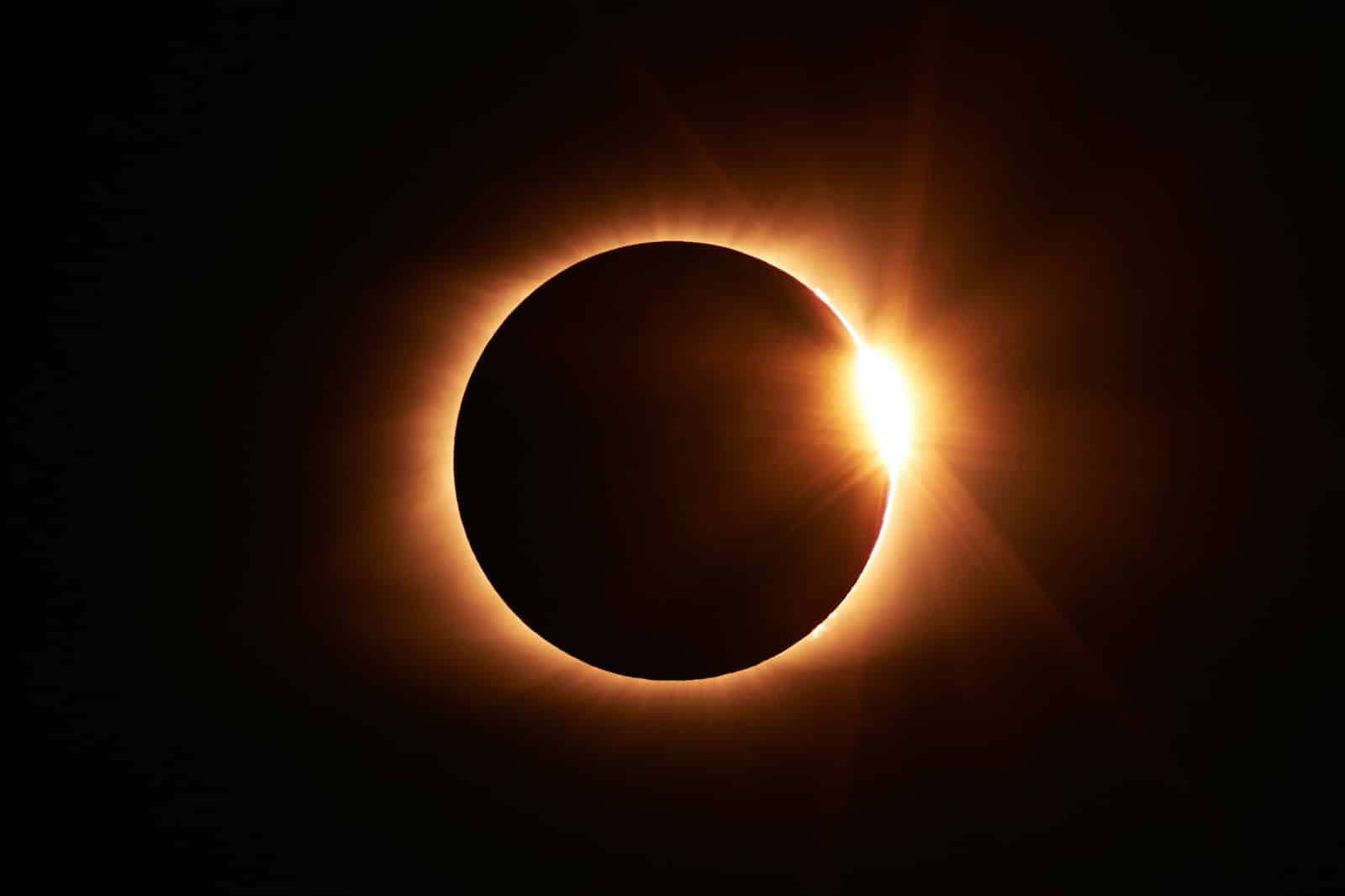My eyes hurt… what do I do? Every so often, nature treats us to awe-inspiring events like solar eclipses, where the moon passes between the sun and Earth, casting a shadow and darkening the skies. While these phenomena are undeniably captivating, they also pose significant risks, particularly to our eyesight. Many people are tempted to gaze directly at the sun during an eclipse, but doing so can lead to severe and irreversible damage. In this article, we'll explore the side effects of looking directly at the sun during a solar eclipse, what you can do if your eyes hurt after such an incident, and most importantly, why you should never attempt it in the first place.
The Dangers of Staring at the Sun During a Solar Eclipse
The allure of witnessing a solar eclipse firsthand is understandable. The cosmic ballet of celestial bodies creates a breathtaking spectacle that many are eager to behold. However, the temptation to stare directly at the sun during this event can have devastating consequences for your vision. The sun emits harmful ultraviolet (UV) radiation, which can cause serious damage to the delicate tissues of the eyes.
One of the most immediate dangers of looking at the sun is solar retinopathy, a condition characterized by damage to the retina—the light-sensitive tissue at the back of the eye. When you stare at the sun, the intense light overwhelms the retina, causing it to become burned or scorched. This damage can result in blurred vision, blind spots, or even permanent vision loss.
During a solar eclipse, when the moon partially blocks the sun's rays, it may seem less intense, leading some people to believe that it's safe to look at directly. However, even during an eclipse, the sun's UV radiation remains potent enough to cause harm. In fact, the risk may be even greater during an eclipse because the dimming of sunlight can cause the pupils to dilate, allowing more harmful rays to enter the eyes.
Side Effects of Staring at the Sun
If you've made the mistake of staring at the sun during a solar eclipse, you may experience a range of symptoms indicating eye damage. These can include:
1. Blurred vision: Damage to the retina can result in blurry or distorted vision, making it difficult to see clearly.
Looking for an experienced Wordpress Development company?
2. Blind spots: Areas of decreased or lost vision may appear in your field of view, indicating damage to specific areas of the retina.
3. Eye pain: The intense light of the sun can cause discomfort or pain in the eyes, often described as a burning sensation.
4. Sensitivity to light: Following sun exposure, you may find that your eyes are more sensitive to light than usual, making it uncomfortable to be in brightly lit environments.
5. Headaches: Eye strain and discomfort from staring at the sun can lead to headaches or migraines.
It's crucial to recognize these symptoms promptly and seek medical attention if you experience any of them after viewing a solar eclipse without proper eye protection.
10+ Steps for Starting A Business For Dummies
What to Do If My Eyes Hurt After Staring at the Sun
If you find yourself experiencing discomfort or pain in your eyes after staring at the sun during a solar eclipse, it's essential to take immediate action to minimize further damage. Here are some steps you can take:
1. **Rest your eyes:** Give your eyes a break by closing them and avoiding any activities that require visual focus. Resting your eyes can help reduce strain and promote healing.
2. **Use artificial tears:** Over-the-counter artificial tears can help soothe dry or irritated eyes caused by sun exposure. Look for preservative-free formulations for maximum comfort.
3. **Apply a cold compress:** Placing a cold, damp cloth over closed eyes can help alleviate discomfort and reduce inflammation.
4. **Avoid rubbing your eyes:** While it may be tempting to rub your eyes if they feel irritated, doing so can exacerbate the damage and increase the risk of infection. Instead, gently rinse your eyes with cool water if needed.
5. **Seek medical attention:** If your symptoms persist or worsen, it's crucial to consult an eye care professional promptly. They can assess the extent of the damage and recommend appropriate treatment.
Why You Should Never Look Directly at the Sun During a Solar Eclipse
The dangers of staring at the sun during a solar eclipse cannot be overstated. While the allure of witnessing this rare celestial event may be strong, protecting your vision should always be the top priority. Here's why you should never attempt to look directly at the sun during a solar eclipse:
1. **Risk of permanent eye damage:** Even a brief glance at the sun can cause irreversible harm to your eyes, leading to vision loss or impairment.
2. **No safe duration:** There is no safe duration for looking at the sun without proper eye protection. Even a few seconds of exposure can result in significant damage.
3. **Availability of safe viewing methods:** Fortunately, there are safe ways to observe a solar eclipse without risking eye damage. Specialized solar viewing glasses or handheld solar viewers with solar filters can protect your eyes while allowing you to enjoy the spectacle safely.
4. **Educational opportunities:** Solar eclipses provide unique opportunities for scientific observation and study. By using proper viewing techniques and equipment, you can safely witness these events while also contributing to our understanding of the universe.
Conclusion
In conclusion, staring directly at the sun during a solar eclipse poses serious risks to your vision and should be avoided at all costs. The intense UV radiation emitted by the sun can cause permanent damage to the delicate tissues of the eyes, leading to vision loss and other complications. If you experience eye pain or discomfort after viewing a solar eclipse without proper protection, it's essential to seek medical attention promptly. Remember, there are safe ways to observe these celestial events, such as using solar viewing glasses or handheld solar viewers with appropriate filters. By prioritizing eye safety, you can enjoy the wonder of a solar eclipse without putting your vision at risk.







